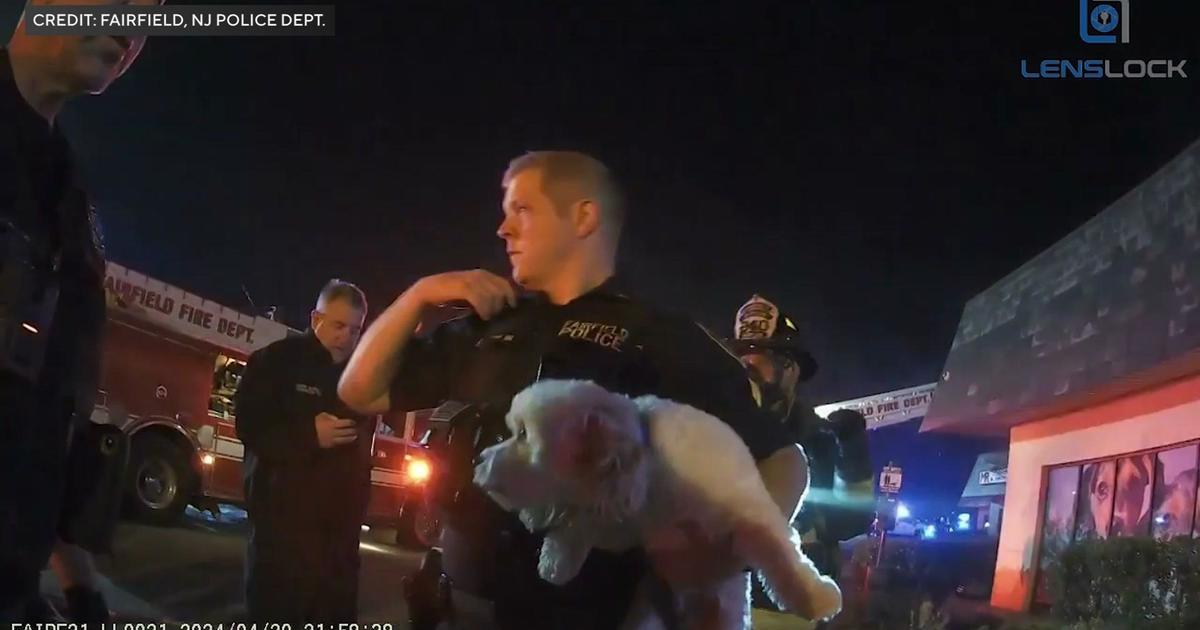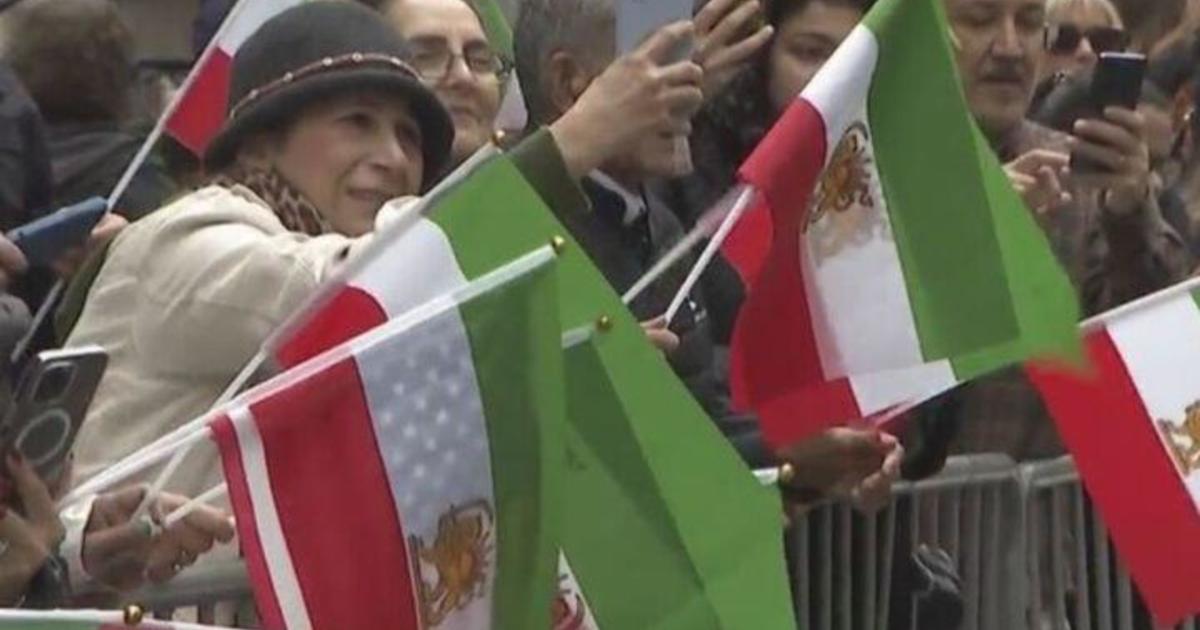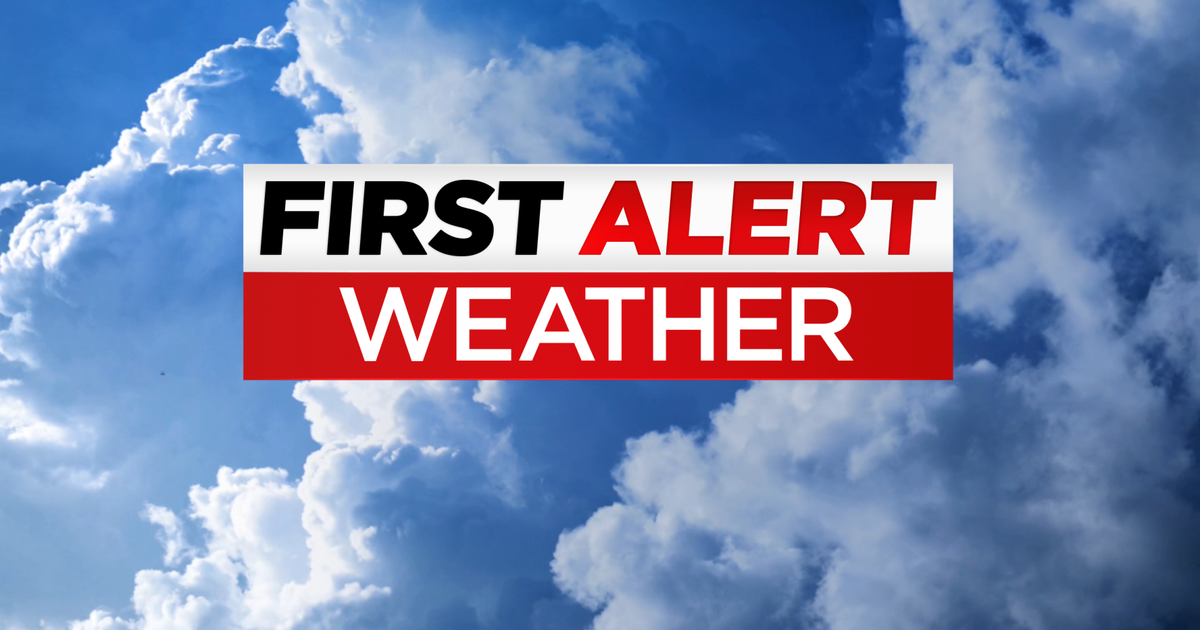NJ School Elections Less Fiery A Year After Revolt
HADDONFIELD, N.J. (AP) -- A year after a taxpayer revolt at the polls, New Jersey's school budget elections are back on Wednesday -- with some major differences.
Proposed budget increases are more modest, largely because of a state law mandating that they be; Gov. Chris Christie isn't actively campaigning against budgets this time; and the election is being held on a Wednesday, an unfamiliar day for voting.
New Jersey is the only state where voters in most school districts get to vote up or down the entire school tax levy every year -- a relatively rare opportunity for citizens to have a direct say on how much they're taxed. That sounds like a big chance for weary taxpayers to speak up in a state with by far the nation's highest average property tax bill of more than $7,300, the bulk of it to support schools.
But usually, the results are predictable: Turnout in the elections -- where school board members are also elected -- is tiny, usually well under 20 percent of registered voters. And a large majority of the proposed budgets are adopted in a state where scores on comparable standardized tests consistently rank among the nation's best.
Last year, it was reversed.
Christie, a Republican whose war of words with teachers unions is a hallmark of his governorship, campaigned against budgets last year. He said voters should reject proposals in districts where teachers didn't agree to pay freezes and increases in their health insurance payments.
It was only fair, he said, that they sacrifice.
Facing shrinking tax revenue and less federal education aid, his administration slashed subsidies to local school districts, leading to widespread layoffs and program cuts. Even the proposed budgets in many districts last year called for some cuts, and they ended up being deeper when voters rejected them (rejected budgets are sent to municipal governments to cut).
Voters heeded the governor's call and the situation by turning out -- and voting "no" -- in unusually high numbers.
Nearly 27 percent of registered voters participated in the election -- twice the percentage as the previous year. And they rejected nearly 60 percent of the budgets, the most since at least 1976.
But this year's circumstances are different.
Christie is proposing $250 million more in aid to be spread around to the state's schools, which takes some of the burden off the property taxes to fund schools. The money has also meant districts could avoid further cuts they were bracing for.
The class trip for eighth graders in Gloucester City, for instance, could be spared. And in the Chathams, the fee for extracurricular activities imposed a year ago is slated to be reduced.
It's also the first year of a law capping tax levy increases in most cases at 2 percent. That's down from a 4 percent limit last year. The state Education Department says only 9 of the 538 districts with budget elections have additional ballot questions for spending, including some items that would push the districts over their 2 percent caps.
"They're really striving to keep it low," said Frank Belluscio, a spokesman for the New Jersey School Boards Association. "They understand what's going on out there with the economy. There's been a real effort to keep it under 2 percent."
A Rutgers Eagleton poll conducted in late March and early April found voters hadn't given much thought to how they'll vote in the elections. Thirty percent said they'd vote yes, 16 percent no and 15 percent said they wouldn't bother to vote. The biggest group -- about two in five -- said they didn't know how they'd vote.
A year ago, there was a major push against the budget proposals. Christie wrote a newspaper editorial telling voters to reject any plan that didn't include "shared sacrifice," and educators in only about 20 districts agreed to the concessions he was pushing. Also, Christie's sparring with the New Jersey Education Association was making headlines practically daily in the run-up to voting.
This time, he isn't campaigning against budget plans.
NJEA spokesman Steve Wollmer said Christie was wrong to link layoffs, program cuts and increased student fees for extracurricular activities with teachers' refusals to accept contract concessions. The real problem, he said, was the cut in state aid.
"Last year, he obviously had an impact on both the turnout and the results," said Steve Wollmer, a spokesman for the NJEA. "He ran a misinformation campaign. People fell for it."
This year, no major opposition to budgets has surfaced.
The major campaign is just to remind voters when the election is. It's usually held on the third Tuesday in April. But former Education Commissioner Bret Schundler moved it to April 27 this year -- the fourth Wednesday -- to avoid conflicting with Passover.
(Copyright 2011 by The Associated Press. All Rights Reserved.)



